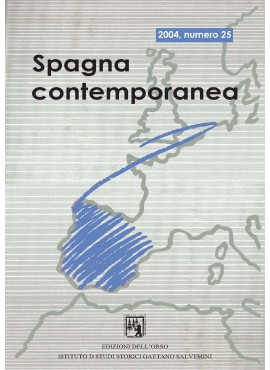El “perfil moral” del militante en el anarquismo español (1931-1939)
Abstract
El “perfil moral” del militante en el anarquismo español (1931-1939)
Besides the ideas usually recurring in these instances, as the specifically moralizing character of the Spanish anarchism or the customary references to the anarchists’puritanism, the article aims to discuss the role played by the promotion of certain ethical values in the formation of a given model of militancy in the speech and the practice of the Spanish libertarian movement until 1939. The press and the literature of the period, and also the autobiographies or memories of former anarchists do emphasize the importance of consistency in personal behaviour and the possession of some specific ethical qualities (honesty, integrity, industriousness, truthfulness, comradeship, etc.) in defining the anarchical individual. At the same time, some given behaviour’s models were taken as true paradigms of conduct (and as sources of legitimacy and prestige) to be imitated by the majority of the militants. Notwithstanding that, the portraits and images of the libertarian militant were several and emphasized in every case a given series of values or of ways of life. One of them, but not the only one, was the “puritanism”, exposed to permanent challenges, of which the most important was the one opened by the Civil War of 1936-1939.
Downloads
Published
Issue
Section
License
Copyright (c) 2004 Istituto di studi storici Gaetano Salvemini, Torino

This work is licensed under a Creative Commons Attribution-NonCommercial-NoDerivatives 4.0 International License.



